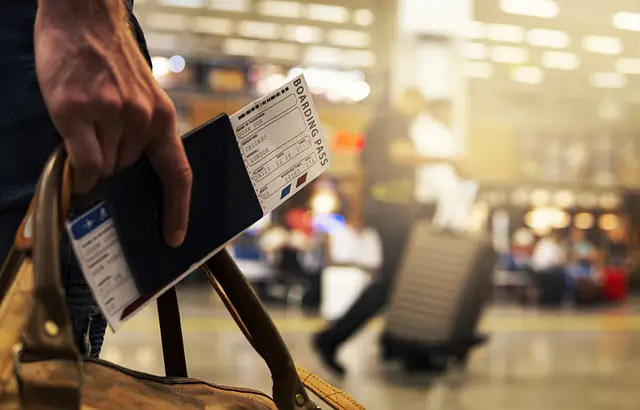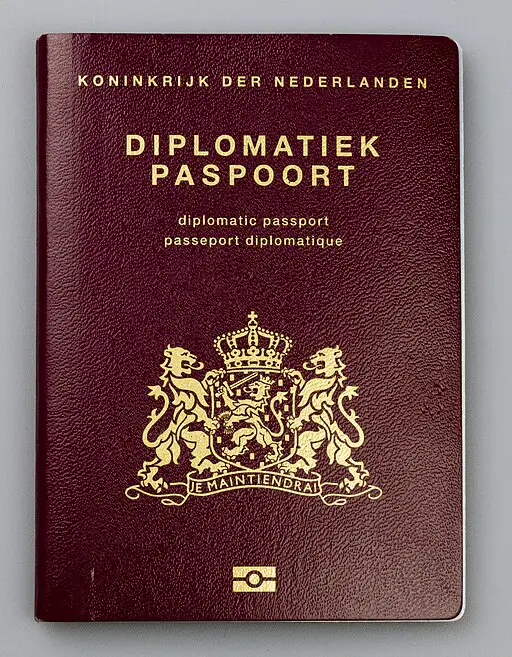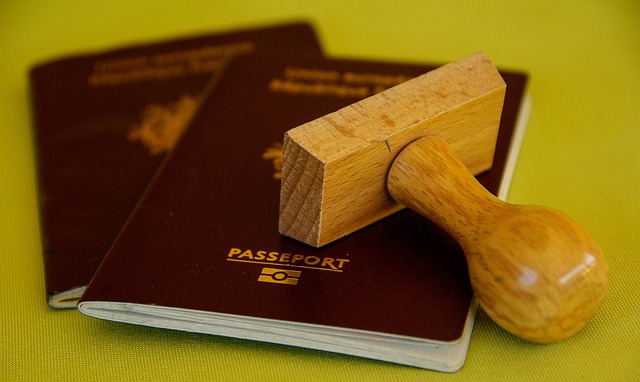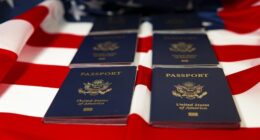An ordinary passport is primarily used for travel, a diplomatic passport is specifically issued to diplomats and government officials to facilitate international diplomacy.
TL;DR Diplomatic passport Vs. Ordinary passport
The key differences between a diplomatic passport and an ordinary passport include diplomatic immunity, visa-free access, expedited processing, and special treatment at airports. Diplomatic passport holders enjoy various benefits such as exemption from certain laws and regulations of the host country, along with the ability to travel more freely across borders.
What is a passport?

A passport is a government-issued travel document that certifies the identity and nationality of its holder. It facilitates international travel by allowing individuals to cross borders and enter foreign countries.
Passports contain essential information such as the holder’s name, photograph, birthdate, nationality, and a unique identification number. They serve as a vital form of identification and are often required for entry into foreign countries.
Passports also play a crucial role in consular protection, allowing a country’s citizens to receive assistance from their embassy or consulate while abroad.
What is a diplomatic passport?

A diplomatic passport is a specialized type of passport issued to government officials and individuals representing their country’s diplomatic interests internationally.
It grants specific privileges and immunities in accordance with international law and diplomatic conventions.
Holders, such as diplomats, ambassadors, and high-ranking government officials, use diplomatic passports to facilitate official travel, represent their country in foreign missions, and engage in diplomatic activities.
These passports often provide expedited entry and certain immunities from legal jurisdiction in the host country, safeguarding diplomats’ ability to perform their roles effectively while adhering to established diplomatic protocols and privileges.
Diplomatic passport Vs. Ordinary passport – Key differences
| Aspect | Diplomatic Passport | Ordinary Passport |
|---|---|---|
| Issued to | Government officials, diplomats, and representatives engaged in official international duties | General citizens for personal travel purposes |
| Purpose | Facilitates diplomatic missions and official travel | Enables personal international travel and identification |
| Privileges | Grants certain diplomatic immunities and privileges based on international law and conventions | Provides no special diplomatic immunities |
| Entry/Exit | Often allows expedited entry and exit through diplomatic channels | Subject to standard immigration procedures |
| Legal Immunity | May offer limited legal immunity in the host country | No legal immunity provided |
| Application Process | Typically requires government endorsement and verification | Involves regular application and documentation |
| Validity | Varies based on the issuing country's policies | Typically valid for 5 to 10 years, depending on the country |
| Use Cases | Official international travel, representing the home country, engaging in diplomatic activities | Personal travel, tourism, business trips |
| Special Privileges | Access to diplomatic lounges, exemption from certain taxes, customs benefits | None |
| Photograph/Info | Contains holder's photograph, personal details, and diplomatic status | Contains holder's photograph and personal details |
Advantages of a diplomatic passport over a ordinary passport
- Diplomatic Immunity: Diplomatic passport holders often enjoy limited legal immunity in the host country. This immunity can extend to certain civil and criminal jurisdiction, providing protection from legal actions and prosecution in the host country’s legal system.
- Expedited Entry and Exit: Diplomatic passport holders often have access to diplomatic lanes at border crossings, airports, and immigration checkpoints, facilitating faster entry and exit procedures.
- Customs and Tax Benefits: Diplomatic personnel may be exempt from certain customs duties, taxes, and import/export restrictions, making it easier to transport goods and personal belongings across borders.
- Access to Diplomatic Lounges: Many airports have special diplomatic lounges where diplomatic passport holders can relax, work, or wait for their flights in a more comfortable environment.
- Official Representation: Diplomatic passport holders represent their country’s interests and engage in official diplomatic activities. This can include negotiating treaties, attending international conferences, and participating in diplomatic events.
Image Credits
Featured Image By – jacqueline macou from Pixabay
Image 1 By – Joshua Woroniecki from Pixabay
Image 2 By – Dutch Government, Public domain, via Wikimedia Commons









